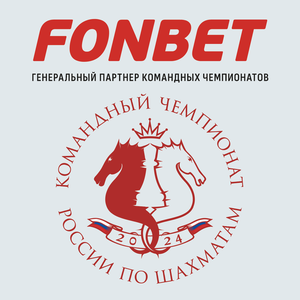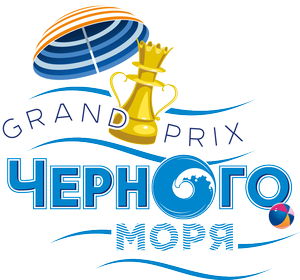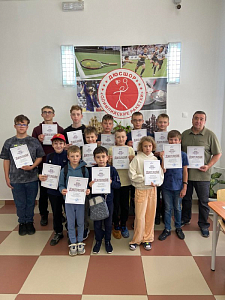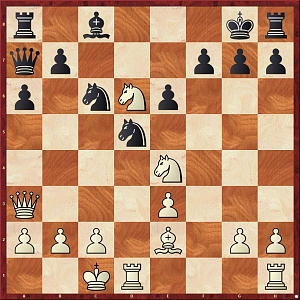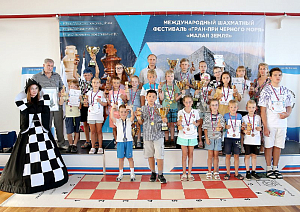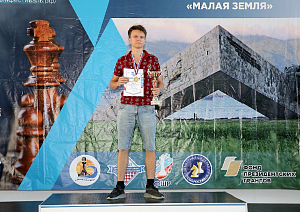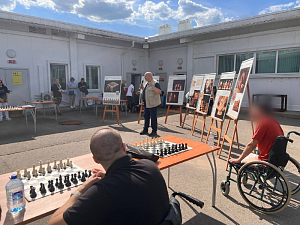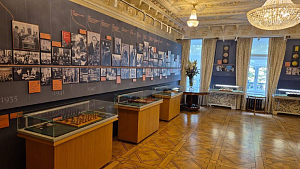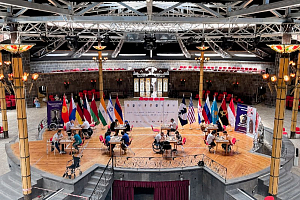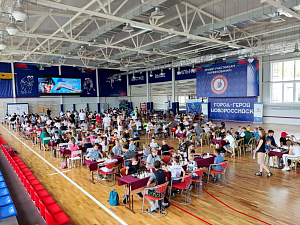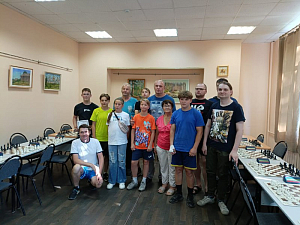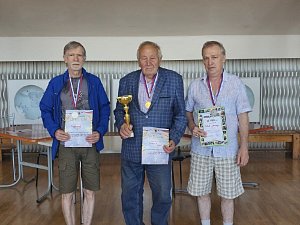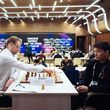Person of day - 22 FEBRUARY 2024
SAVIELLY TARTAKOWER
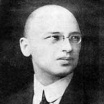
The future grandmaster was born in Rostov-on-Don. His parents were from Austro-Hungary, they were not Russian citizens and they returned to Vienna during an escalation of tension between the two Empires. Chess was thriving in one of Europe’s cultural capitals at that time and two of the strongest masters lived there- Carl Shlechter and Geza Maroczy. Tartakower enrolled in the law faculty of the University and soon became one of the youngest doctors of law in Vienna while simultaneously competing in multiple competitions. His interaction with leading Austrian players had a positive effect on his chess skill; in 1906, the young chess player won the secondary tournament in Nuremberg, attaining the title of master, and he began to win invitations to prestigious competitions. Savielly could not fulfil himself at the chess board immediately, however, as the fire of World War I lit up Europe. The Tartakower family had to flee once again, this time to Paris.
After the War, Franz Joseph’s Empire collapsed into the sovereign nations of Austria, Hungary, Italy, Czechoslovakia, Slovenia, Croatia, Serbia, Poland, Romania and Western Ukraine. The question of citizenship arose before Tartakower and he chose Poland, despite not knowing the language. This was a fateful moment for the chess fate of the new state: with the Polish national team, Tartakower won five medals as the Tournament of Nations and became a great influence on young players; for example, the exceptional grandmaster Miguel Najdorf called Savielly Grigorjevich his mentor.
After World War I, Tartakower became one of the world’s leading chess players, winning large tournaments in Vienna in 1923, London in 1927 and Liege in 1930. On his count are victories against world champions Emanuel Lasker, Alexandre Alekhine, Max Euwe and most of the elite chess players of that time, with the exception of Jose-Raul Capablanca, who was an extremely difficult opponent for him.
The start of World War II saw Savielly Tartakower at the Eight Chess Olympiad in Buenos Aires. When the tournament finished, most of the Polish team remained in Argentina to wait out the War, but Tartakower returned to besieged Europe and joined the French resistance under the pseudonym “Lieutenant Cartier”. After victory over Hitler, Eastern Europe was under Soviet control and in Poland the Communist Workers’ Party came to power. The grandmaster was an ideological opponent of the Soviet system and so he decided to adopt French citizenship and, at the first post-war Olympiad, he played for the French national team. In the first quarter of 1950, FIDE decided to create the official title of “international grandmaster” and Savielly Tartakower was in the first group of spectacular chess players that was awarded this prestigious title.
Tartakower is known as an erudite, multi-faceted man, poet, translator and an unusually-prolific chess writer. To his pen belong sharp aphorisms such as “It’s always better to sacrifice you opponent’s men”, “An attack is aimed at castling, at weak pawns and, most of all, at the oppoennt’s psyche”, “The opponent also has a right to exist”, “The permanent checkmate entails soothing bliss”, "A game of chess has three phases: the opening, where you hope you stand better; the middlegame, where you think you stand better; and the ending, where you know you stand to lose" and many others.
He is the author of several books and his The Hypermodern Game of Chess, which espoused the ideas of hyper-modernism, played a huge influence on the minds of contemporaries. Tartakower encouraged players to review the positioning postulates of Steinitz and to move chess beyond the boundaries of the Spanish Game and the Queen’s Gambit. The grandmaster loved to perform risky strategies, even ones such as Bird’s Opening and suspect variations of the Dutch Defence. Along with Nimzowitsch, Reti, Alekhine and Bogolyubov, he is considered one of the pillars of the new positioning school and the strategy of pressuring the opponent’s centre with figures.
Savielly Tartakower popularised chess in many ways, often combining appearances at prestigious tournaments with compositions of reviews of those same tournaments in several newspapers and magazines in different languages. He was the first to reveal this form of supplementing income to Western chess players, but the practice became commonplace in Europe in the second half of the 20th century.
He is buried in Paris at the Pantin cemetery.









